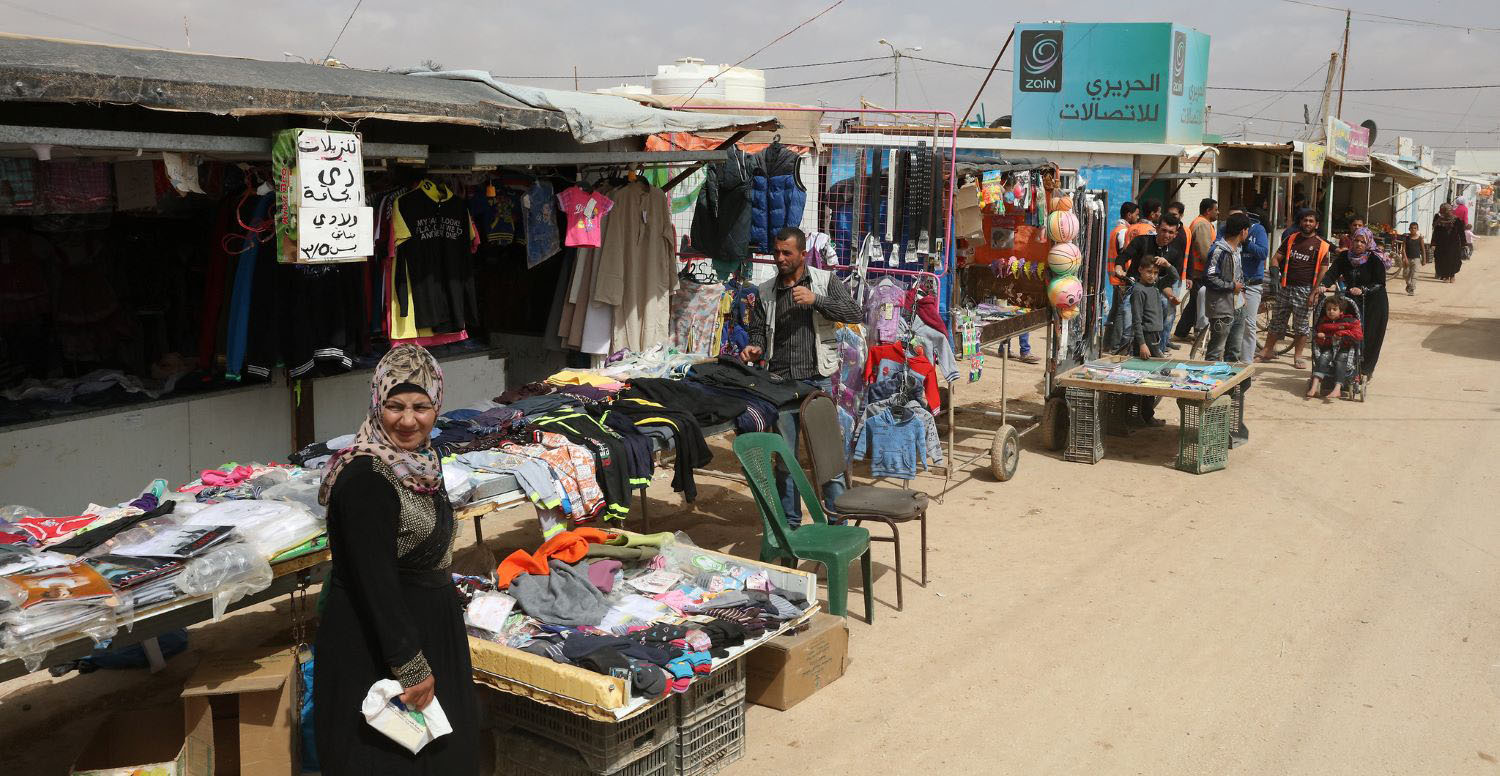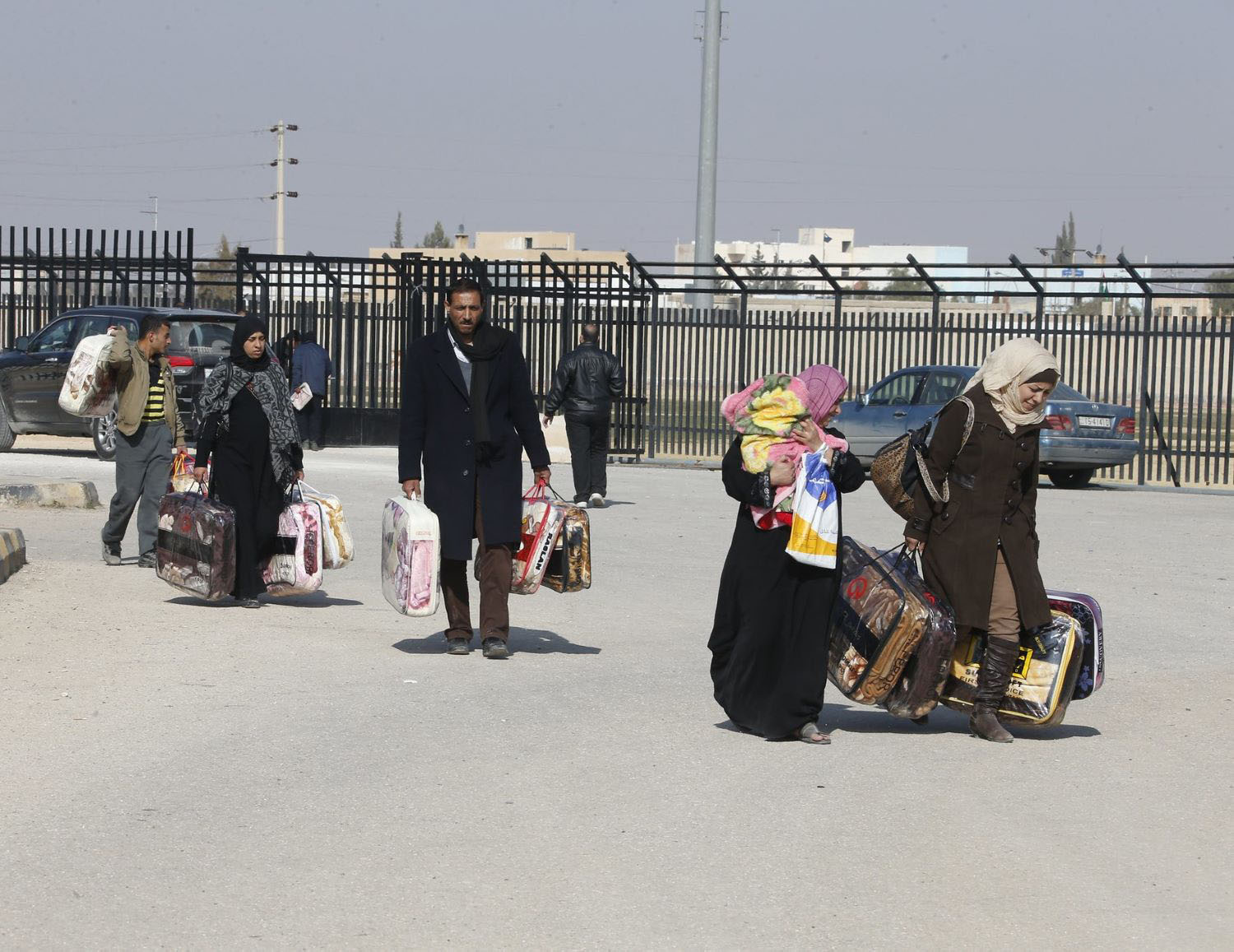In a recent study, CGD senior fellow Michael Clemens found that, contrary to popular belief, development in poor countries actually fosters more migration, not less. Migration is certainly a hot topic, and since these results challenge common assumptions about migration trends, I invited Michael to join me on the Wonkcast to discuss the implications of findings for US policy and for development agencies worldwide.
Michael’s research answers the question posed in the title of his new paper: Does Development Reduce Migration? Answer: No; at least not until quite late in the development process. As incomes rise, so does emigration until about $6,000-8,000 per capita GDP, at which point emigration begins to decrease.
Michael says that the relationship between increasing GDP and increasing migration is “synergistic.” As people in poor countries have more income, migration is both more interesting and they have the means to do it. “As your country develops, you can afford education, which helps you get abroad; you can afford plane tickets; you’re more likely to have connections with people in other countries,” Michael explains. By contrast, “if you’re in rural Niger and very poor, certainly in the abstract you have a strong economic incentive to go abroad, but you likely lack the ability and social networks that you need to realize that ambition.”
I say this seems pretty intuitive to me—it’s what I observed as a reporter living Taiwan and elsewhere in East Asia during the region’s economic take-off. Michael assures me that the finding will nonetheless come as news to many aid philanthropists and agencies that “use development to slow down migration, so that people don’t need to leave.”
What to do? Michael’s advice to policy makers is that since migration will inevitably rise along with incomes they should look for ways to ensure that migration helps to foster development, for example, by ensuring that skills certifications and pensions are portable across countries and that remittances are easy and cheap to send.
Michael takes strong issue with the recommendations of noted development economist Paul Collier, in his new book, Exodus, that in order to foster development the migration of skilled people from poor countries should be forcefully discouraged. Such measures necessarily involve “forcing people to not realize their dreams and ambitions,” Michael says. A better response, he says, would be finance arrangements that enable destination countries to pay for the training of those they will recruit, as Michael has proposed in a recent policy paper: Global Skills Partnerships: A Proposal for Technical Training in a Mobile World.
While such mechanisms are still mostly in their infancy, it makes sense to establish and expand them now, since the mobility transition is likely to last for many decades, in some cases well more than a century.
According to Michael, for very poor countries that manage a sustained growth rate around 2 percent, it would take over a century to reach the transition point of about $8,000 per capita GNP. We end with a discussion of the implications of Michael’s research for US policy towards Mexico and other Latin American countries. Tune in to hear that, and much else we couldn’t squeeze into this summary!
My thanks to Kristina Wilson for recording and editing the Wonkcast and to Kristin Sadler for a first draft of this blog post.
CGD blog posts reflect the views of the authors, drawing on prior research and experience in their areas of expertise.
CGD is a nonpartisan, independent organization and does not take institutional positions.





